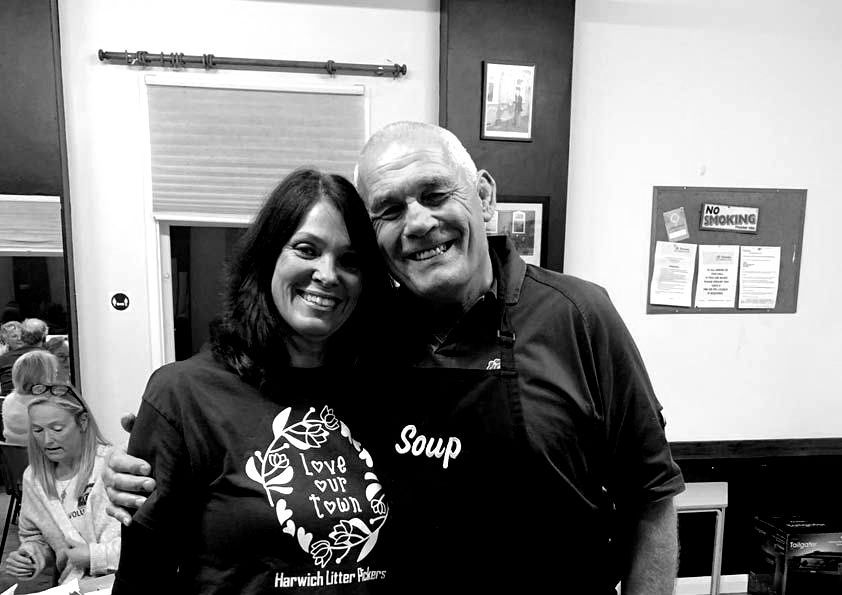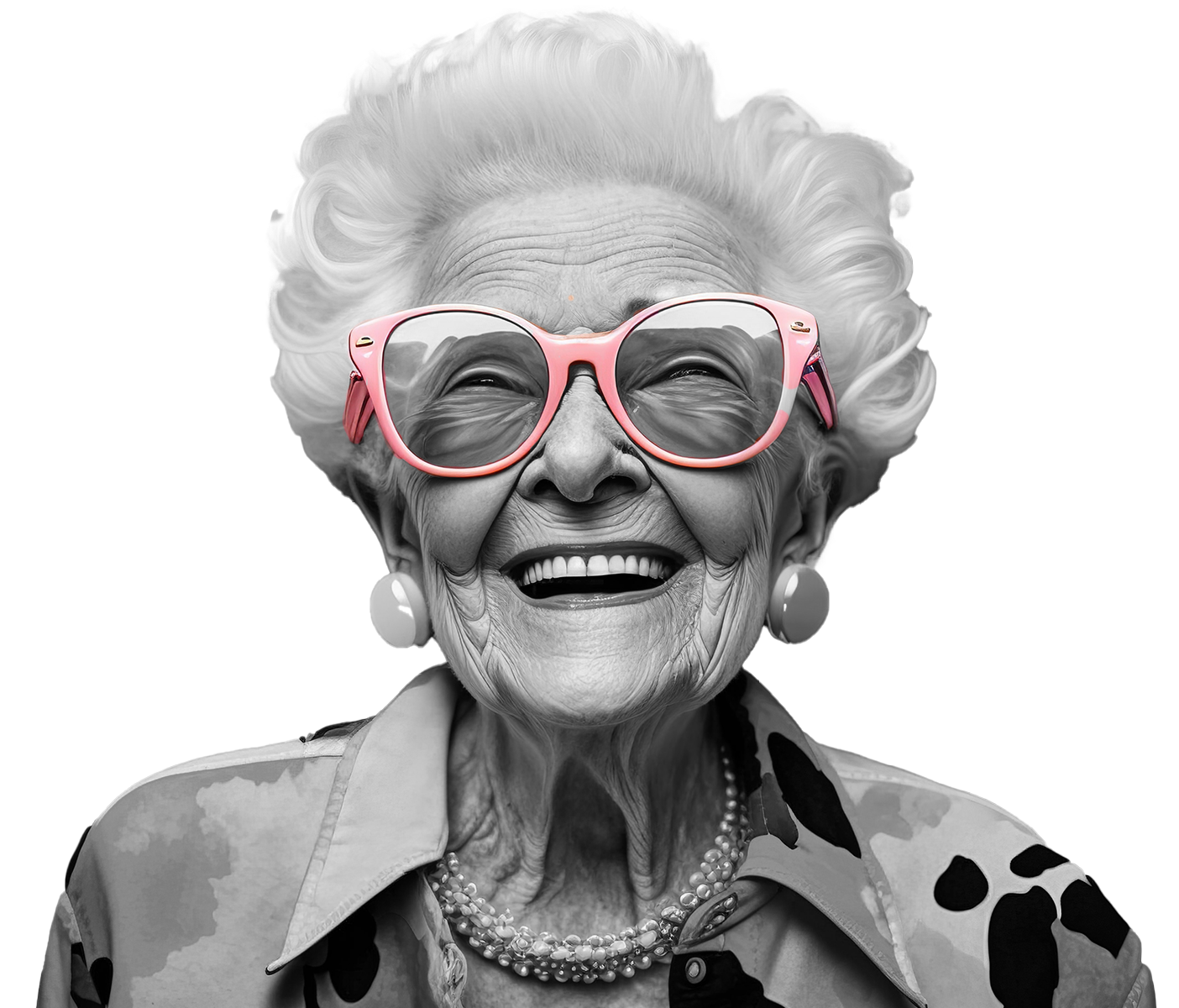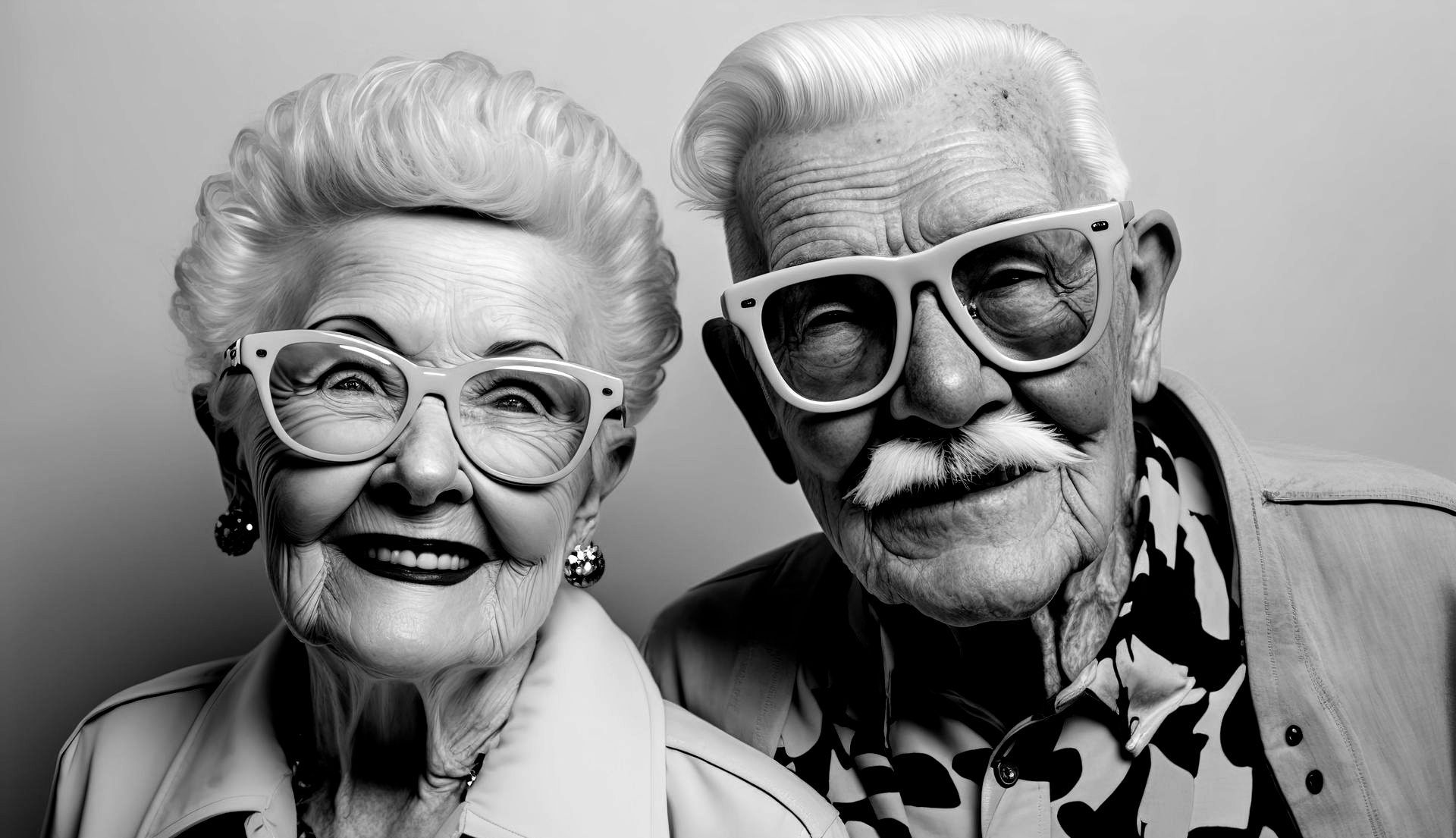Let's talk 01255 421621 or care@distinguished.world
How to make a home dementia friendly
When you are dealing with an early dementia diagnosis for yourself or a person you live with or care for, there are many things to consider. How to manage the home and make it as dementia friendly as possible is one of those – we understand how scary and upsetting dealing with a dementia diagnosis can be, so we have put together our top tips for keeping the home safe, accessible and dementia friendly.
Good lighting
Good lighting in the home is beneficial for those who have dementia as it can help avoid disorientation and reduce the risk of trips and falls. Lighting should be used to reduce shadows, glare and reflections. Natural lighting should be used where possible and maximised by removing any window nets, any restrictive hedges or trees outside and by keeping the curtains open during the day. Good lighting, natural or artificial, should be present in the bathroom, high traffic areas and on stairs for the best visibility.
Flooring
Consider removing any mats or rugs on the floor around the home as people with dementia may think that a rug is an object and they need to step over it. The movement of avoiding mats and rugs could end up leading to falls and trips around the home. Reflective or shiny flooring could also be disorientating because it could come off as being wet, so again they may try to walk over it and harm themselves. Good flooring options would be in a colour that contrasts with the walls and with a matte finish. Also, try to avoid real-life representative colours such as blue for water and green for grass.
Colours
For those with dementia, it can be more difficult to tell the difference between colours. Try to select contrasting colours for floors and walls as well as bright furniture and bold colours that contrast further with the floors and walls. Consider changing the colours of items like the toilet seat, bannisters, doors and crockery to contrast with their surrounding colours. This will help them distinctively see the difference between the items or areas of their home, so they are less likely to get confused.
Do consider the use of bold patterns however as sometimes these can be confusing and disorientating – don’t go overboard on patterns!
Signage
Adding signs and labels around the home for someone with dementia is a very helpful way for them to easily find their way around their house, what is in their cupboards / behind doors also what a certain switch does. When you are making labels for the home, make sure they are clear and bold, include visual pictures of what they represent and are placed in a lower position than usual because the elderly often look downwards.
Reflections
If there are lots of mirrors around the home, take time to consider whether they are completely necessary. Mirrors can cause confusion with those that have dementia – they may become distressed if they don’t recognise themselves in the reflection, as well as the reflection of the room. Remove any unnecessary mirrors or cover them when you are unable to remove them. It can also be beneficial to close curtains at night to avoid window reflection.
Assistive technology
There’s a range of technology devices that are specifically designed to help those with dementia. Examples of these could include telephones with very large buttons, devices that offer audio reminders like “check the door is locked” or LCD clocks showing time and date. Smartphones and tablets also offer specific apps and settings that are designed for those with dementia so they can play games and navigate their way around the phone with ease.




Call us NOW for
a free, no
obligation care consultation

Big hearts, big smiles, empathy and enthusiasm...
the rest we can teach you
We are recruiting
amazing
care professionals

Express CV Register.
For busy care professionals pushed for time;
Contact Us
Thank you for contacting us.
We acknowledge receipt of your CV.
We will get back to you as soon as possible.
Have a great day.
Please try again later.

For more information please do not hesitate to call for an informal chat on 01255 421621 or email care@distinguished.world

If you require any emergency assistance do not hesitate to contact our Emergency On Call Team: 07534 971589


Would you like some more information or you have a question?
We're here to help you find the best quality care possible for you or your loved one. Alternatively you may need awarded training for your care staff?
We are so pleased to have our care service acknowledged by CQC...

Call Us On 01255 421 621
Lines open Monday - Friday, 0800 - 1800
Saturday & Sunday, 1000 - 1500 to discuss all your care needs.

Request a Callback
Simply fill in our online enquiry form
and we'll drop you a line at a time that's convenient for you.
our huge wellness blog




Join the 'Pink Club'?
Subscribe to the distinguished newsletter!
Thank you for contacting us.
We will keep you up to date with all the latest news and great gossip surrounding Distinguished Care Services.
Have a great day.
Oops, there was an error sending your message.
Please try again later
distinguished.world
Head Office
Unit 1 & 3 Queens Head Chambers
16 St Johns Road
Great Clacton
Essex CO15 4BS
Tel: 01255 421621
Emergency On Call: 07534 971589
care@distinguished.world
Organisation & Legal
distinguished.world
Head Office
Unit 1 & 3 Queens Head Chambers
16 St Johns Road
Great Clacton
Essex CO15 4BS
Tel: 01255 421621
Emergency On Call: 07534 971589
care@distinguished.world
Organisation
Legal
All Rights Reserved | distinguished.world Ltd
All Rights Reserved | distinguished.world Ltd
















